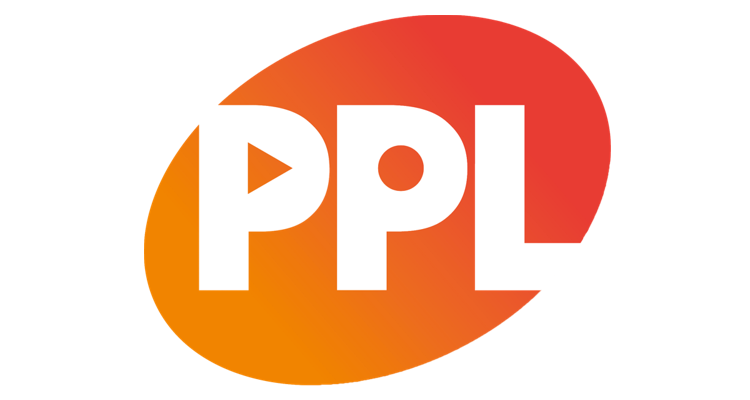
Photo Credit: PPL
PPL paid out £244.9m ($303.6m) to 165,000 performers and recording rightsholders in 2022.
UK-based music licensing company PPL announced that in 2022, the company paid out £244.9 million ($303.6 million) to 165,000 performers and recording rightsholders — a more than 7% increase from £228.7 in 2021.
Additionally, this is a 12.2% increase from 147,000 performers and rightsholders in 2021, either as direct members of PPL or indirectly through other collective management organizations (CMOs). The money paid out was collected by PPL for the use of recorded music in the UK and internationally, paid across the company’s four quarterly distributions in 2022.
This feat marks the highest number of performers and recording rightsholders ever paid by PPL in a calendar year and the second-highest total of monies paid out by PPL in a calendar year behind 2020 — thanks to the record collections in 2019 before the devastating impact of the COVID pandemic.
The record number of performers and recording rightsholders receiving payout reflects the essential technological and operational investments PPL and the neighboring rights industry made over the last decade and the growing PPL membership.
“Over the last decade, PPL has become one of the world’s most successful neighboring rights companies,” says Peter Leathem OBE, PPL Chief Executive Officer. “Not only do we collect hundreds of millions of pounds from the UK and around the world, but each year we distribute this money to more and more performers and recording rightsholders than before.”
PPL has one of the most comprehensive repertoire databases of its kind in the world, holding detailed performer and recording rightsholder information on more than 20 million recordings. Over the last three years, an average of 45,000 new recording details have been received each week.
It also works closely with partner organizations across the music industry to develop the technology and operations affecting the neighboring rights sector and help to improve the quality of recording metadata and identification of recording usage.
“This is a testament to both the expert team we have at PPL (and) to the efforts of the sector as a whole. Initiatives such as SCAPR’s VRDB and IFPI and WIN’s RDx are improving the technology and data which support the worldwide distribution of neighboring rights, so ensuring the right people and organizations are paid when their recordings are played,” explains Leathem.
“It is also positive to be able to pay out more money to performers and recordings rightsholders than we did in 2021. Neighboring rights (were) naturally impacted by COVID-19, but the sector continues to recover well, with more growth expected in 2023.”

